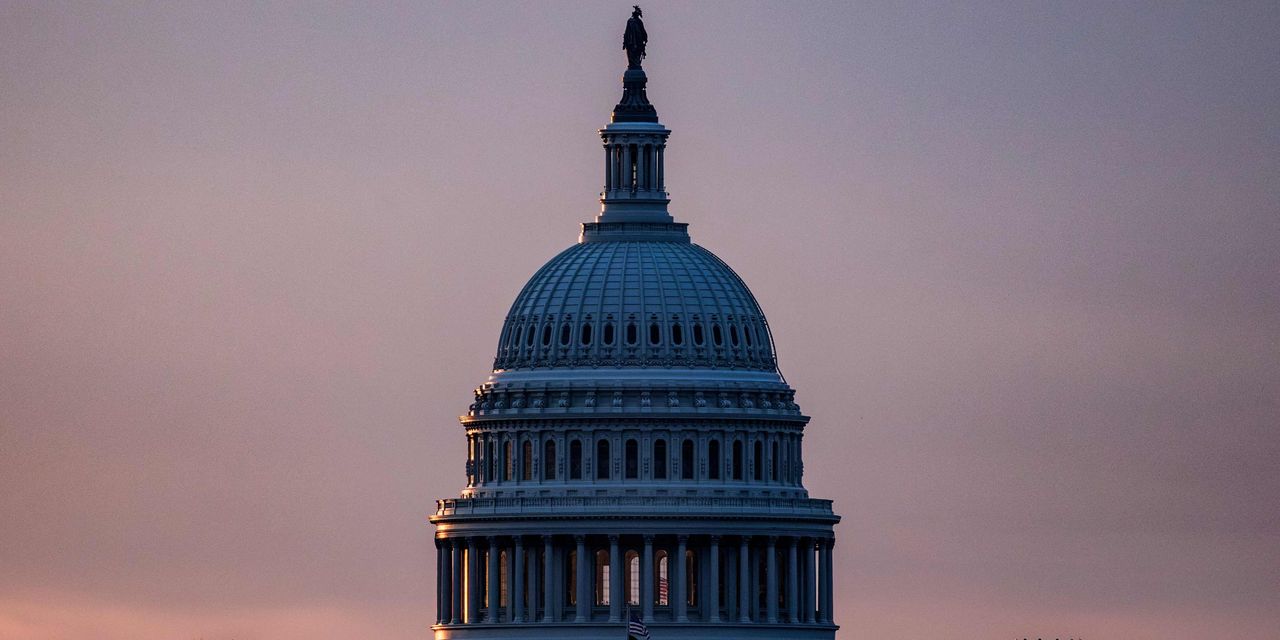House lawmakers are returning to Washington Monday with a key task at hand: electing a new speaker.
Choosing a new speaker of the House of Representatives, which is effectively paralyzed without a permanent leader, has taken on added urgency with Israel at war with Hamas. In addition, without an agreement, a government shutdown again looms, this time on Nov. 17, and spending must still be agreed on for the fiscal year.
Here’s a look at some key issues surrounding the selection of a speaker.
How the votes work
On Tuesday at 5 p.m. Eastern time, House Republicans will hold a forum for candidates. This is essentially a debate among members of the Republican caucus to argue over who’s best for the speaker post. Candidates will make their pitches.
On Wednesday morning, House Republicans will hold a secret-ballot election to choose their nominee. That’s expected at 9 a.m. Eastern time.
Next up will be the House floor vote for speaker. It’s unclear exactly when that will happen, although it could be as soon as Wednesday. In January, it took the now-former speaker, Kevin McCarthy, an extraordinary 15 rounds of voting to secure the post.
The successful candidate needs to win the votes of a majority of those present and voting for speaker.
Who is running
The GOP’s two main candidates are House Judiciary Committee Chair Jim Jordan of Ohio and House Majority Leader Steve Scalise of Louisiana.
As of Monday afternoon, there was also discussion that McCarthy could again be in the running. Some centrist Republicans are calling to restore him as speaker after the attacks on Israel, CNN reported. They are expressing concern that the House remains paralyzed without a speaker and that they won’t be able to agree on a new candidate quickly.
McCarthy on Monday was not ruling out a return to the position if support coalesces around him.
“I’m going to allow the conference to do their work,” he said at a Monday news conference, declining to endorse either Jordan or Scalise for the speaker post.
The speaker of the House isn’t required to be a sitting member of Congress, meaning nominees could include former President Donald Trump. No one has ever held the role without being a member of Congress, however.
Democrats are expected to nominate and vote for House Minority Leader Hakeem Jeffries of New York, just as they did in January and as the out-party traditionally does. But with Democrats in the minority and no Republican likely to support a Democrat, Jeffries is highly unlikely to succeed.
What’s at stake for the economy, markets and Israel
Billionaire investor Ray Dalio said last week that McCarthy’s ouster as speaker on Oct. 3 was a step “toward civil war,” and Carl Ludwigson, managing director at Bel Air Investment Advisers, said “dysfunction in Washington may add to eroding confidence in U.S. exceptionalism.”
McCarthy’s removal without a clear successor and with another potential government shutdown looming contributes to greater uncertainty around the process of maintaining a functioning government at a time when market volatility is rising, particularly interest-rate volatility, Ludwigson said.
Congress is likely to speed aid to Israel as soon as a new speaker is elected.
“We have to get a speaker elected this week so we can get things to the floor like replenishing the Iron Dome,” House Foreign Affairs Committee Chair Michael McCaul, a Texas Republican, said Sunday on CNN, referring to the Israeli air-defense system.
William Watts contributed.
Read the full article here










